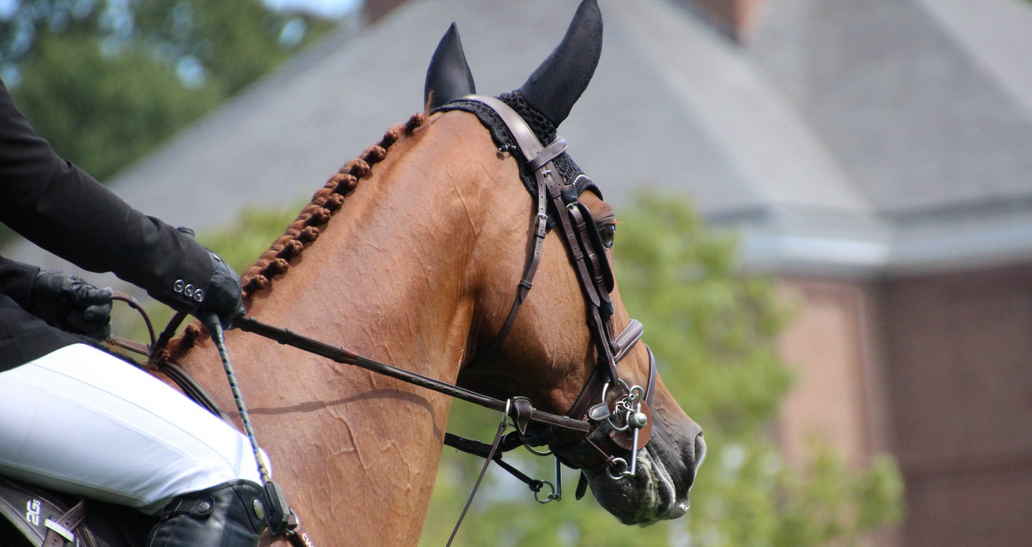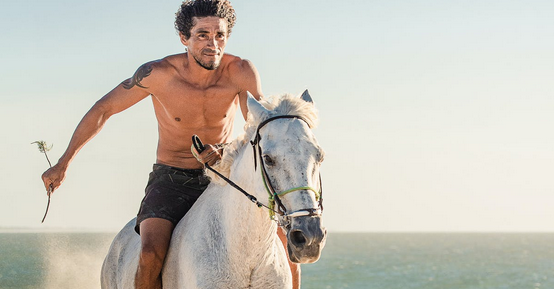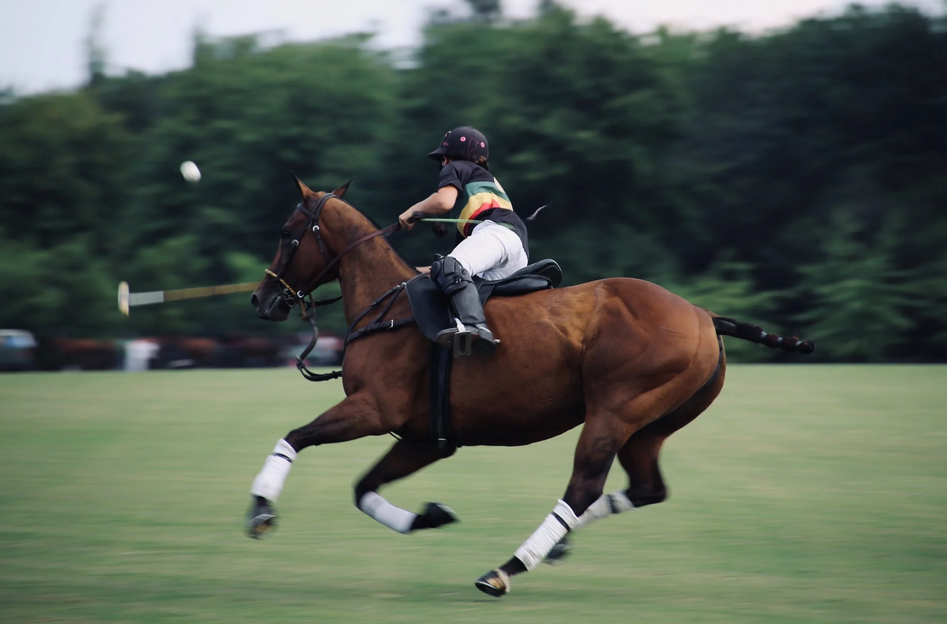Choosing a horse for racing is not as easy as it may seem. If you plan on considering HORSE ADOPTION, there are many factors you need to keep in mind. This is to find the right horse for you. However, not every horse is intended for racing. Here, we will talk about how you can choose a horse for racing.
Consider the Horse’s Age
 The first thing you should consider is the age of the horse. Horses around two years old will have more endurance, strength, and speed than horses that are older or younger. If you want to race at a higher level, look for an experienced yearling. However, if your goal is to train a young horse up until they are ready to be raced, you should look for a two-year-old or an older horse.
The first thing you should consider is the age of the horse. Horses around two years old will have more endurance, strength, and speed than horses that are older or younger. If you want to race at a higher level, look for an experienced yearling. However, if your goal is to train a young horse up until they are ready to be raced, you should look for a two-year-old or an older horse.
Consider the Horse’s Track Record
Next, consider if the horses have previously run on any tracks. If their previous races were successful, they would likely do well in future races as well. However, just because the horse has done well on one track does not mean it will do well at another. It is essential to find out which tracks this horse has run on and what their performance was like there before adding them to your stable of racers.
Consider the Horse’s Bloodlines
 Consider if you want a thoroughbred or an Arabian for your racer. Thoroughbreds are more likely to do well on the track, but Arabians may be better in long races and in harsh weather conditions. Many people prefer to race both types of horses to gain the best results. However, it is best to consider what kind of races you want to run when choosing one. Every horse is a unique individual, and it can be difficult to find the perfect match for your racing needs. However, if you keep these three things in mind when choosing a racehorse, you should have more success at picking one that will help you’re stable get ahead of the competition.
Consider if you want a thoroughbred or an Arabian for your racer. Thoroughbreds are more likely to do well on the track, but Arabians may be better in long races and in harsh weather conditions. Many people prefer to race both types of horses to gain the best results. However, it is best to consider what kind of races you want to run when choosing one. Every horse is a unique individual, and it can be difficult to find the perfect match for your racing needs. However, if you keep these three things in mind when choosing a racehorse, you should have more success at picking one that will help you’re stable get ahead of the competition.
Pick a Trained Horse
While you can train a racehorse yourself, it is much easier to pick one already trained. If the horse is well-trained and experienced, they will require less time during your training sessions and be better able to handle any conditions or obstacles on the track if something should arise, such as bad weather or an obstacle in their path. A trained horse is a much better investment than one that is not trained. There are instances where a horse may not have been trained but is a natural-born racer. However, it is important to keep in mind that most horses do need some training before they are ready to race.
There are many things to take into account when choosing a horse for racing. The horses’ speed, stamina, and weight all play an essential role in how well they can compete against other horses. A thorough understanding of the characteristics that make up good racehorses will help you choose wisely or even create your own future champion. It would help if you also considered their temperament, which is often overlooked but is extremely crucial for success on the track.
